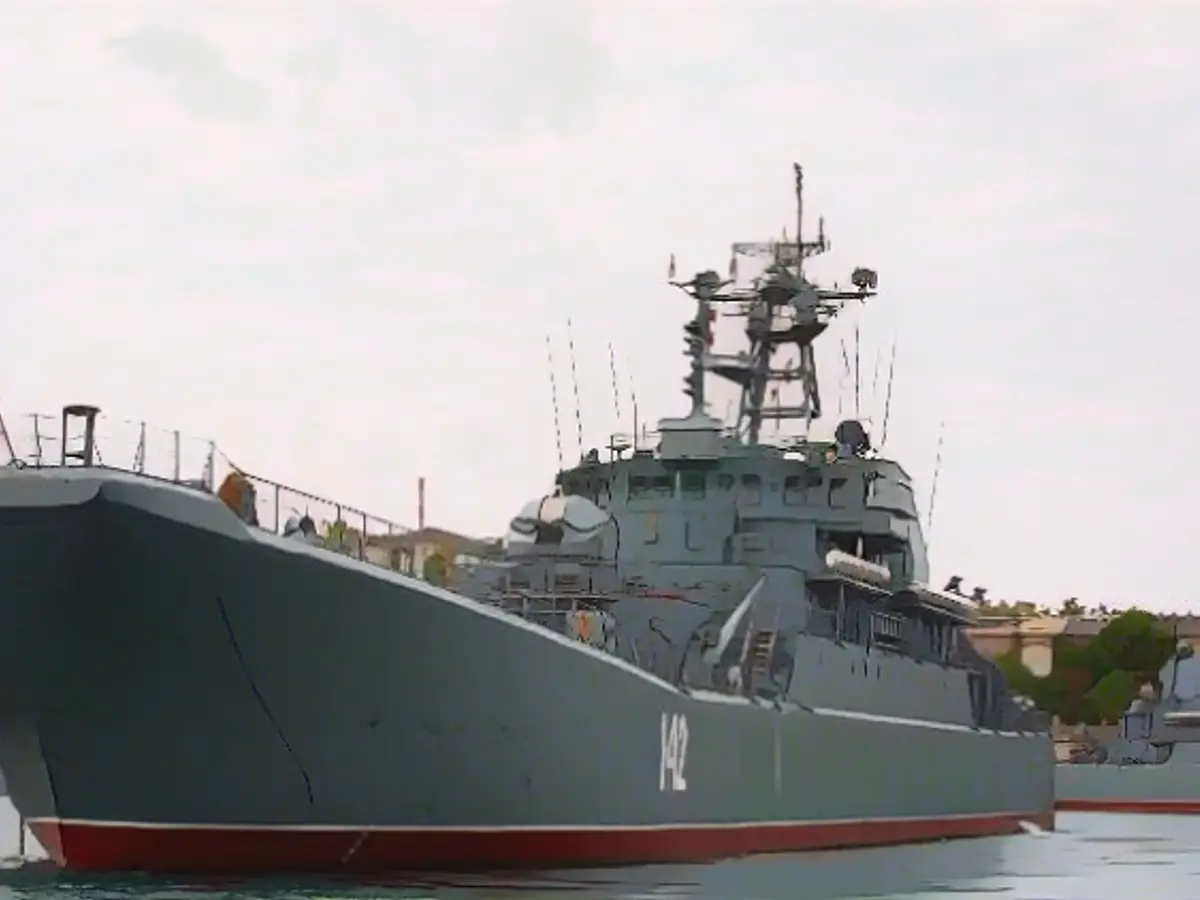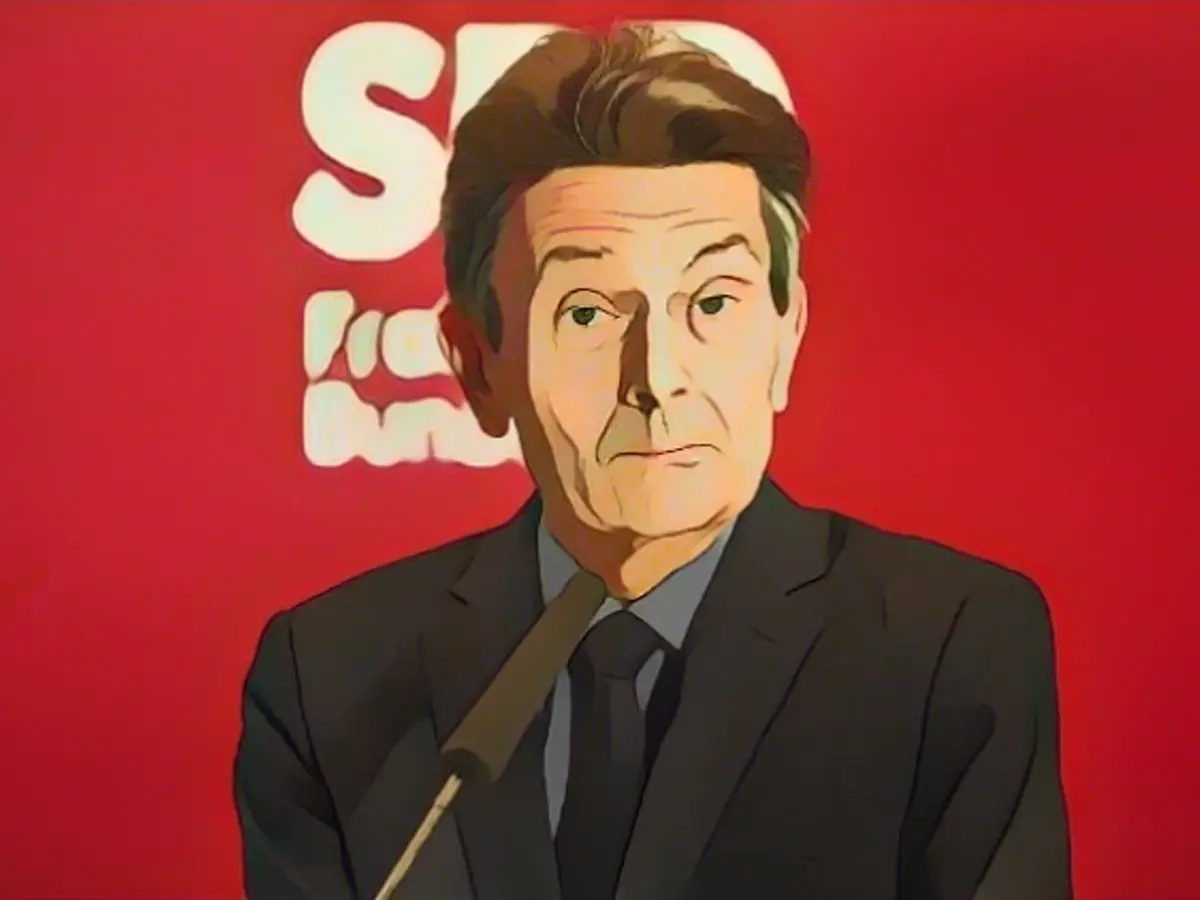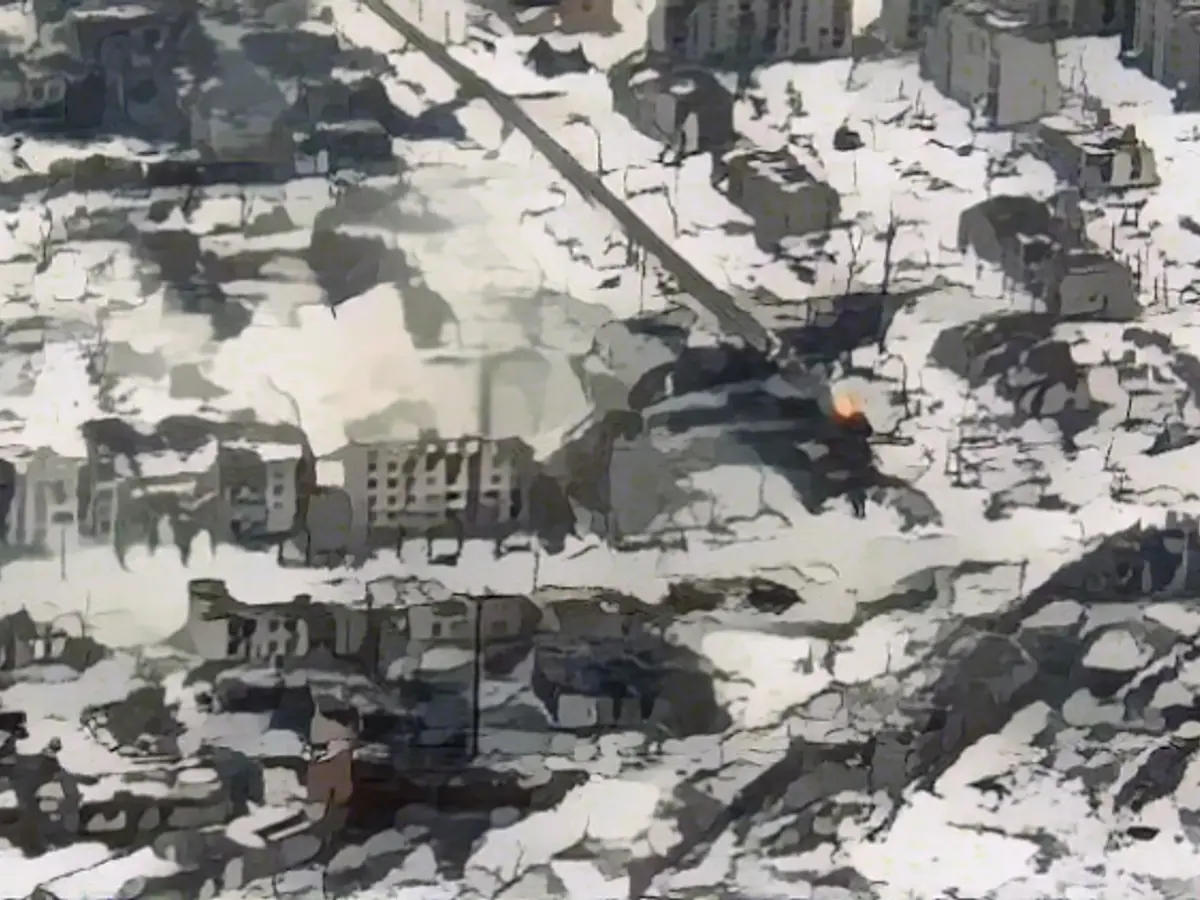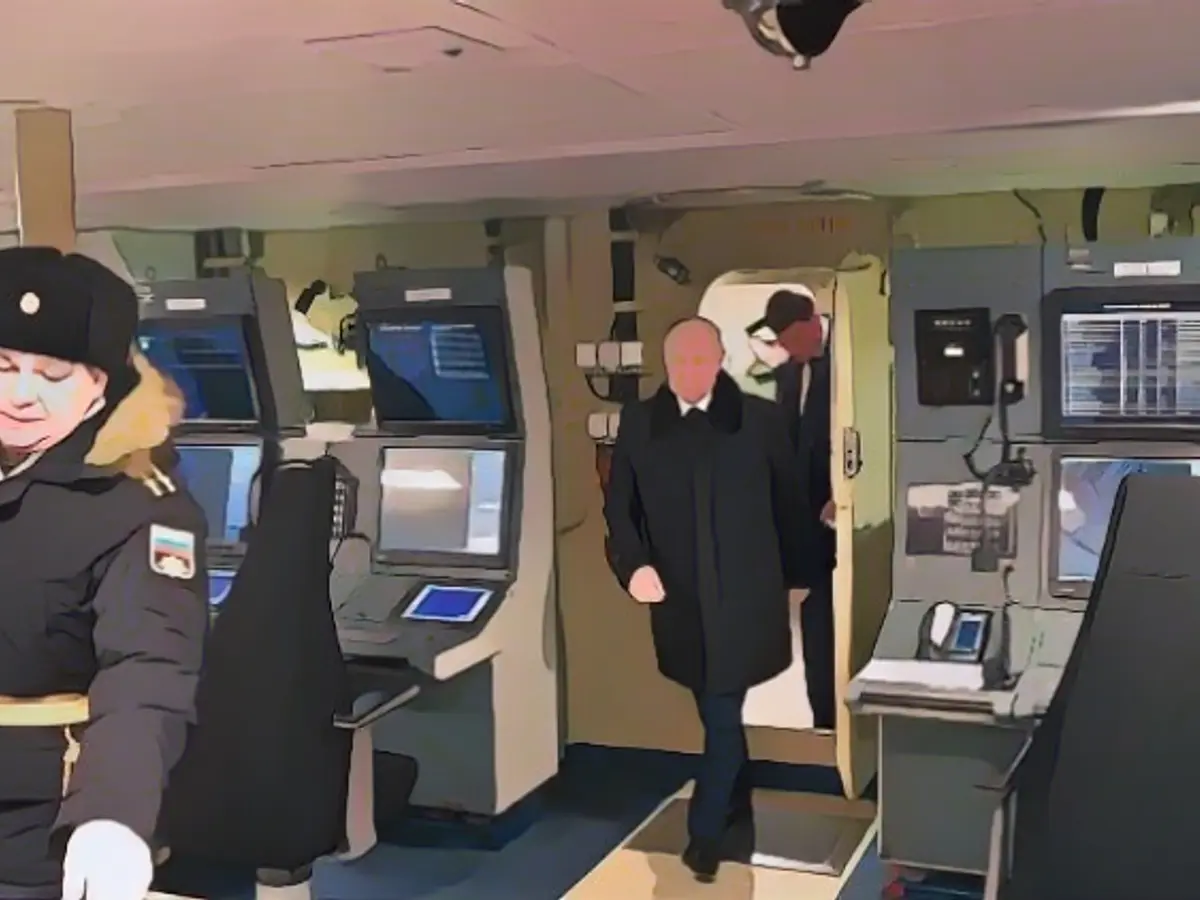Russia's Employment Dilemma: A Growing Labor Shortage
Looking at the employment scene in Russia, it's not all sunshine and roses. The country is grappling with a significant workforce deficit, weighed down by various factors related to emigration and the exodus of skilled labor following the attacks on Ukraine and tensions with the West.
The newspaper "Izvestia" reported in mid-2023 that this year witnessed a shortage of around 4.8 million workers, with estimates suggesting an even more significant deficit in the coming year. Experts and the Institute of Economics of the Russian Academy of Sciences are predicting this trend, with sectors like manufacturing, construction, and transport particularly hard-hit.
The Exodus of Skilled Workers
The ongoing conflict and tensions have caused an estimated 700,000 to 900,000 Russians to leave their country since 2022. Among them are highly skilled IT specialists who fear being conscripted or simply reject the conflict.
Curbing Migrant Worker Flows
Historically, Russia relied on migrant labor from Central Asian countries. However, recent shifts in migration policy and a rising wave of xenophobia have led to a significant reduction in migrant worker flows, further exacerbating the labor shortage.
Defense Industry Challenges
The Russian Defense Industrial Base (DIB) is struggling with significant labor shortages, despite offering higher salaries. This shortage limits Russia's ability to increase its defense industrial production capacity, affecting both economic growth and military power.
Balancing Military Recruitment and Workforce Needs
The ongoing war necessitates the recruitment of soldiers, compounding the labor shortage issues. The government must strike a delicate balance between boosting military recruitment and addressing the needs of the civilian sector to mitigate the scarcity of workers.
Economic and Social Consequences
The labor shortages are driving inflation and potentially leading to social discontent. The government is under pressure to address these issues, either by importing foreign workers or implementing policies to retain existing workers.
If not addressed promptly, these labor shortages could lead to a technological backwardness for Russia, given the significant brain drain in the tech sector.
In conclusion, the escalating labor shortage in Russia is a complex issue involving various factors. It poses significant challenges for the country's economic growth, defense industrial production, and overall strategic position. Addressing this issue calls for a multifaceted approach involving policy changes, social investments, and potentially a reevaluation of migration policies.








